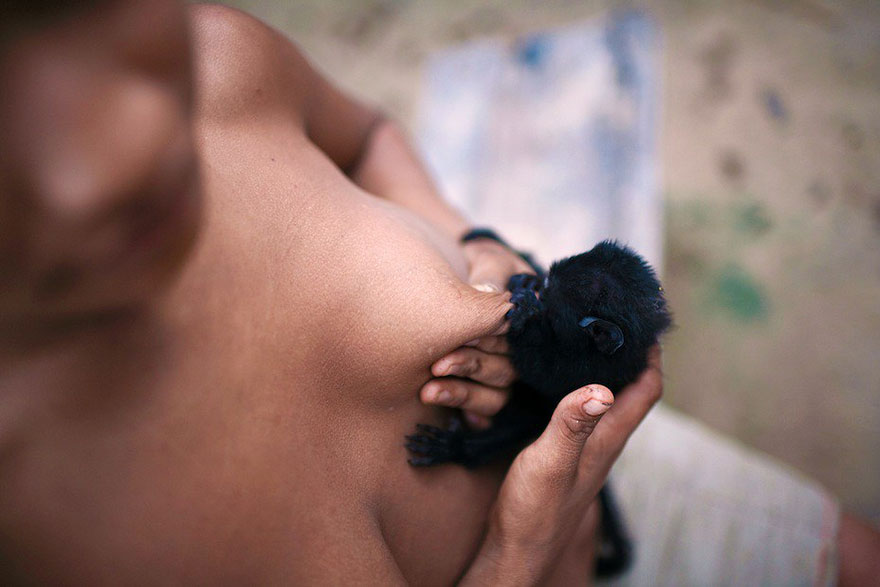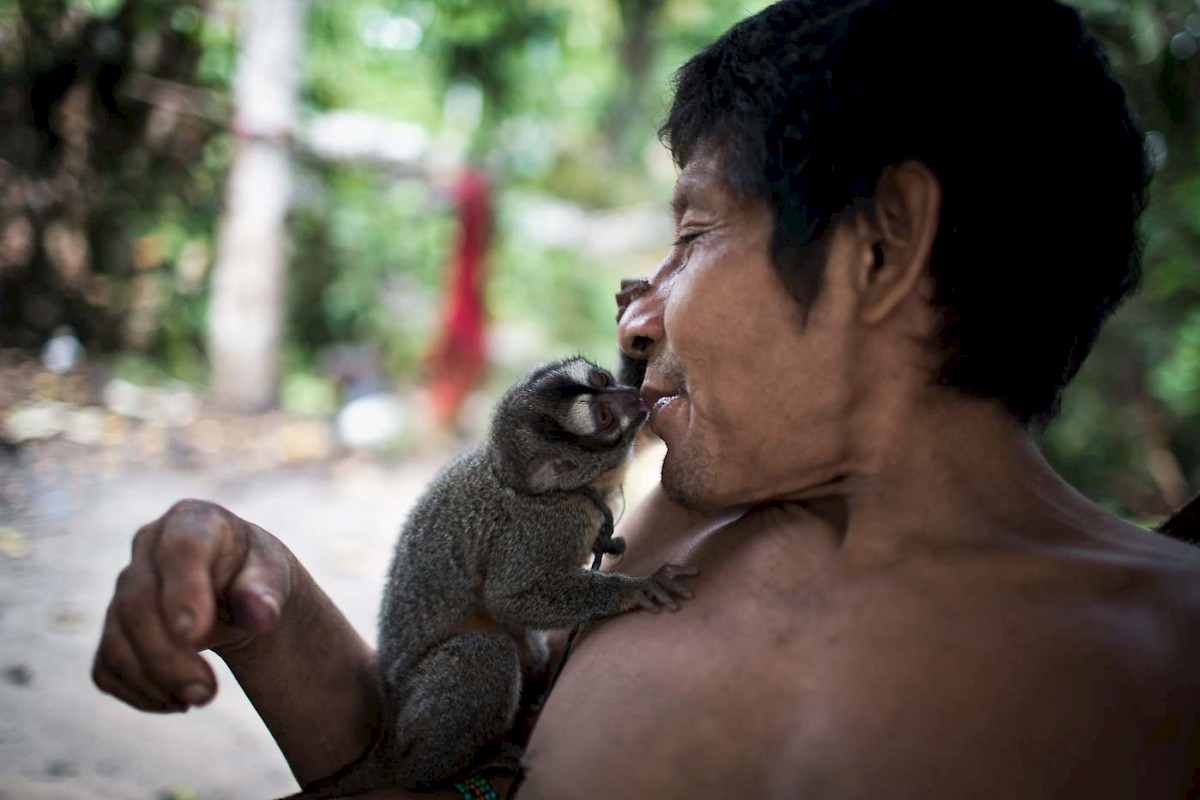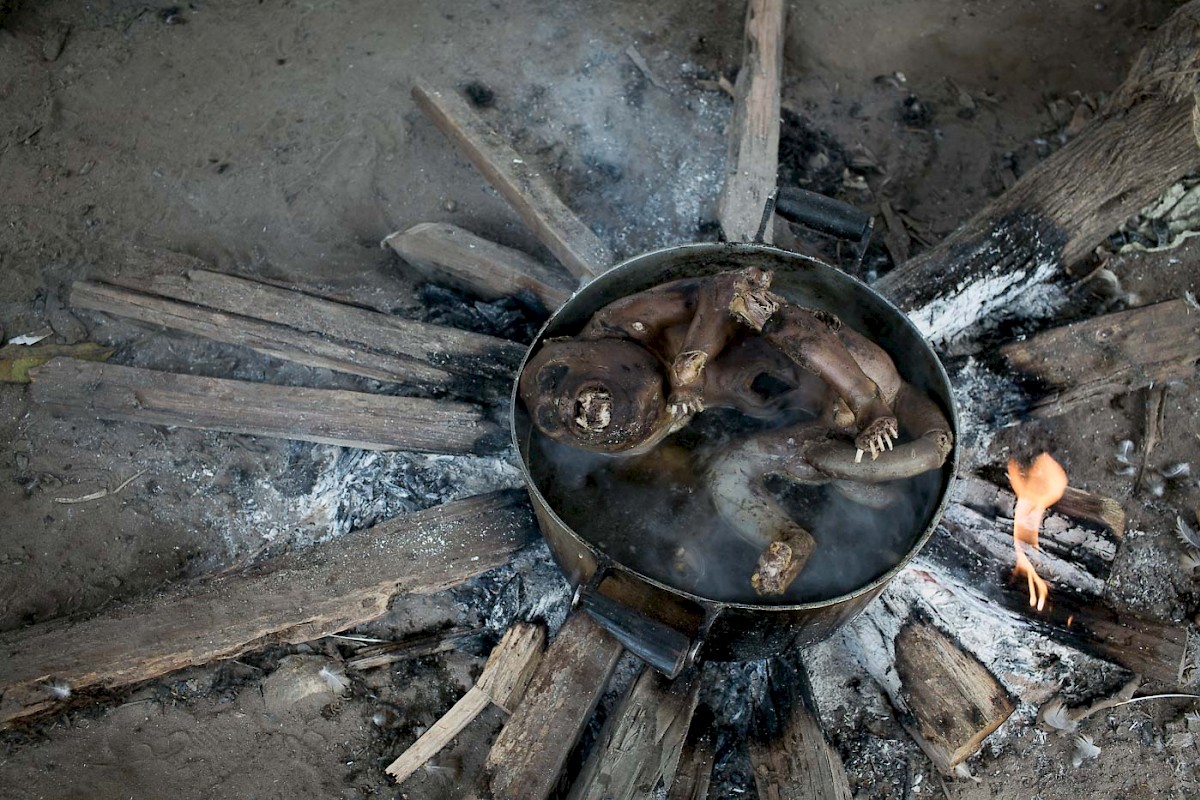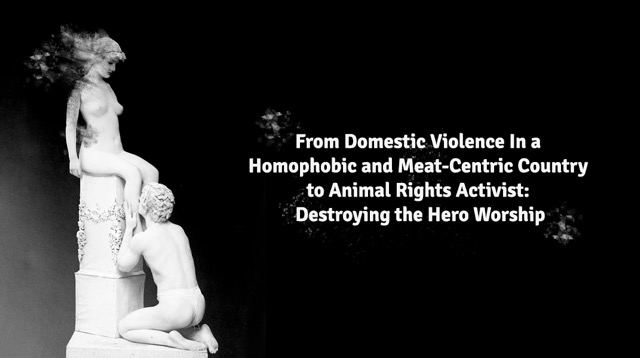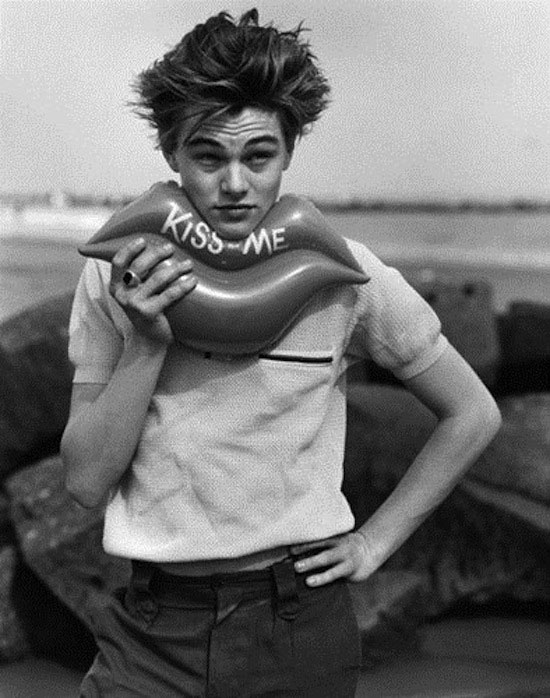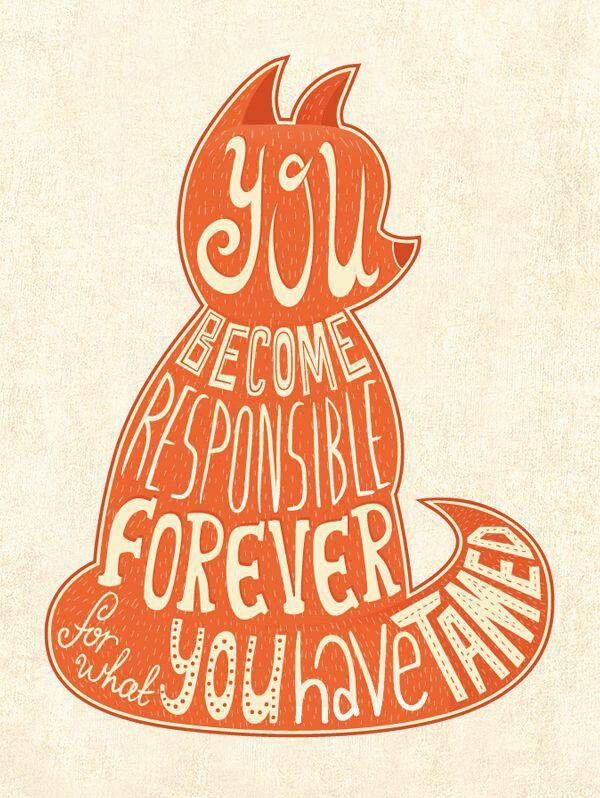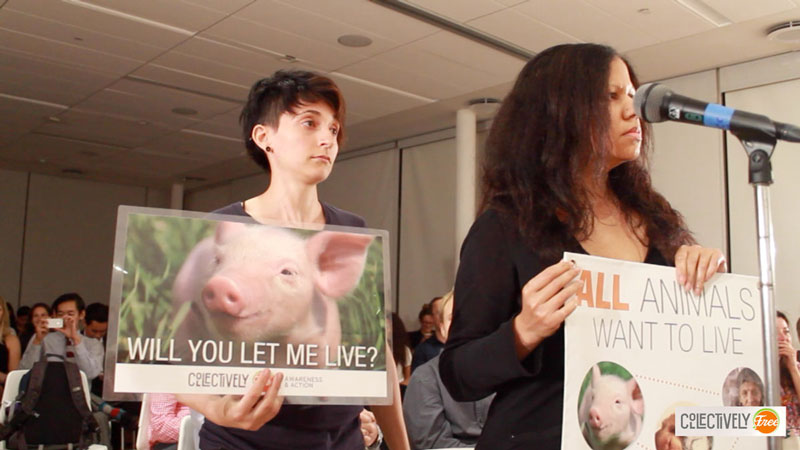| Translation by Hypathie: Feminist and Anti-Speciesist Blog. The original English version of this essay can be found by clicking here. |
By Marv Wheale
Le mariage est une institution ancienne, en même temps que contemporaine. Son aspect culturel réside dans sa capacité à appeler des aspirations telles que l’amour, le bonheur et l’identité. Le cérémonial du mariage lie ensemble des individus à la poursuite d’un avenir satisfaisant et comblé.
Vous ne pouvez pas reprocher à des couples de vouloir une vie merveilleuse, mais le mariage pose pourtant de nombreux problèmes. Je vais en examiner deux :
– Il occulte les inégales conditions sociales des hommes et des femmes ;
– Il dévalorise les autres relations intimes non sexualisées : amicales, fraternelles (entre frères et sœurs) et entre humains et autres animaux, en les renvoyant à un statut inférieur.
La politique sexuelle autour du mariage
Le mariage en tant que dispositif établi par la société dissimule les divisions de pouvoir entre hommes et femmes face à l’intimité qu’ils partagent. Plus simplement, les femmes n’ont pas un statut égal à celui des hommes même quand l’affection qu’ils partagent est profonde : l’assignation aux rôles sexuels / travail reproductif non payé / salaires inégaux sur le marché du travail / participation des hommes disproportionnée aux gouvernements / manque de représentation des femmes à la tête des grandes compagnies, dans la police, les cours de justice et l’Armée / le harcèlement sexuel, le viol, les violences conjugales et le meurtre / l’objettisation sexuelle dans la pornographie, les autres médias et la prostitution. Tous ces facteurs se mêlent à d’autres et sont aggravés par l’ethnie, la classe économique, le handicap, la taille, et l’âge.
Parce que le mariage obscurcit ces inégalités et désavantages, il rend plus difficile l’organisation contre le pouvoir mâle. La mobilisation d’énergie est divertie vers les “intérêts du mariage” qui engloutissent des tonnes de ressources matérielles et émotionnelles en quelque chose qui ne peut satisfaire nos désirs les plus profonds. Il est essentiellement contre-productif d’investir autant dans un but incapable de tenir ses promesses aux hommes et aux femmes en tant que groupes sociaux. De toutes les identités qui affirment la subordination des femmes au patriarcat, le mariage est une des plus influentes.
Les mariages LGBTQ+ en sont une réforme, mais ils ne peuvent pas préserver des sanctions d’une institution fabriquée par la société patriarcale. Toute amélioration du système finit par le légitimer. Pensez aux proclamations du capitalisme végane, aux mesures de bien-être animal, à la pornographie féministe, au travail du sexe…, tous hérauts de la libération. Ces mouvements contradictoires ne peuvent apporter de résultats en vue d’une émancipation. Ils sont tous des illusions libérales.
Les outsiders
Pour mieux appréhender les implications du mariage, vous devez reconnaître la situation où il place celles/ceux hors de ses frontières. Les non mariés sont relégués dans une position sociale subordonnée au motif qu’illes n’atteignent pas le modèle marital. Vivre à l’intérieur de différentes autres unions vous donne un statut inférieur. C’est évident non seulement au niveau de la non reconnaissance culturelle, mais également dans les lois des états. Les relations contractuelles des sexes dans le mariage, reconnues par l’état permettent toutes sortes d’avantages : des réductions d’impôts, des prêts bancaires, l’accès à l’adoption d’enfants, l’accès aux avantages sociaux du partenaire, des privilèges d’assurances santé, des droits de visite à l’hôpital, des directives pré-décès, des droits du survivant, des droits à l’héritage, des droits à l’immigration, et tous les avantages des proches-parents.
Les contre-arguments aux critiques du mariage
Des gens vous diront que c’est une simplification que de voir le mariage comme irrémédiablement sexiste, surpassant toute autre relation platonique. Après tout, des quantités de femmes sont heureuses dans le mariage. De ce point de vue, plus de sensibilité et de crédit devraient être donnés aux exemples particuliers de mariages où les deux époux s’alignent sur les objectifs féministes, et qui respectent le pluralisme des relations des non mariés ; ils proposent que tous les avantages légaux et économiques du mariage soient étendus aux relations alternatives.
De plus, de nombreux couples issus des classes moins privilégiées pensent que le mariage est un refuge : contre la suprématie blanche, l’adversité économique, le capacitisme dominant, et la primauté hétérosexuelle. Ils proclament que bien que le mariage a des inconvénients pour les femmes, il est moins pénalisant que les pesants problèmes imposés par le racisme, le classisme, le capacitisme ou l’hétérosexisme. Ce qui est important pour elles/eux, c’est de centrer le mariage sur la réciprocité et la résistance aux injustices sociales. Dans ces cas, le mariage est estimé fortifier la classe laborieuse, les combats contre le racisme, ceux des handicapés et des LGBTQ+ : en retour, le mariage s’en retrouve fortifié.
Les mariages entre véganes aussi sont vus comme un moyen d’exprimer publiquement un attachement émotionnel, des valeurs communes pour la cause de la libération animale. Ce raisonnement et ces sentiments sont similaires aux autres mariages axés sur la justice sociale.
Dernières remarques
Non, tous les mariages ne sont pas égaux, mais la querelle contre le mariage est politique, car il est une entité politique.
L’idée du mariage, bon ou mauvais, faisant consensus, dépendant du respect mutuel, de l’affection et de la solidarité, masque la réalité des classes de sexe et la privatisation des femmes dans l’institution. Il dévalue celles/ceux qui ne veulent pas en être culturellement et légalement, refusant d’être ébranlés par l’optimisme progressiste des gens mariés à l’esprit aussi ouvert soit-il.
Certainement que l’intimité et l’activisme politique sont accessibles hors liens maritaux.La violence des hommes contre les femmes est un système de pouvoir qui s’exprime majoritairement dans les liens du mariage. Pourquoi promouvoir un système oppressif qui masque l’occupation structurelle des hommes de la vie des femmes ?
Ne pourrions nous pas rendre l’intersectionnalité plus inclusive vis à vis des femmes battues en critiquant le mariage comme une fabrication sociale ? Nous savons que le genre, la race, le capacitisme, la classe, sont des constructions sociales, pourquoi ne pourrions-nous pas dire que le mariage en est une aussi ? Tendons-nous à nous accrocher socialement à des habitudes apprises qui nous empêchent de questionner en profondeur nos visions du monde ?
Je ne demande pas aux gens mariés de se séparer ou de divorcer. Ce serait arrogant, inconséquent et absurde. Ce n’est pas la faute des individus s’ils ont été socialisés par des normes et des valeurs. Mon invitation est de mettre de côté nos résistances aux questionnements et de soumettre nos institutions sociales à l’épreuve de la pensée, du ressenti et du vivre.
Marv is a moderator for the Vegan Feminist Network Facebook page.

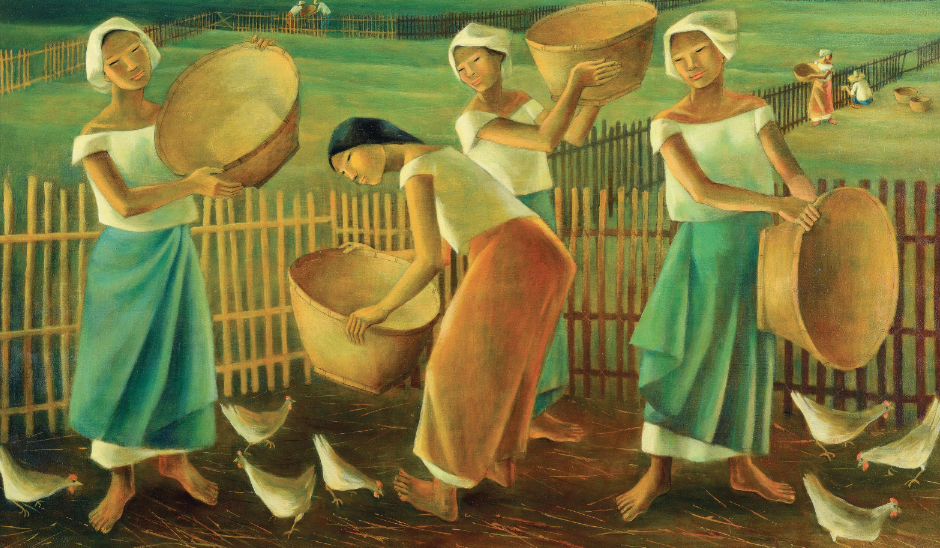

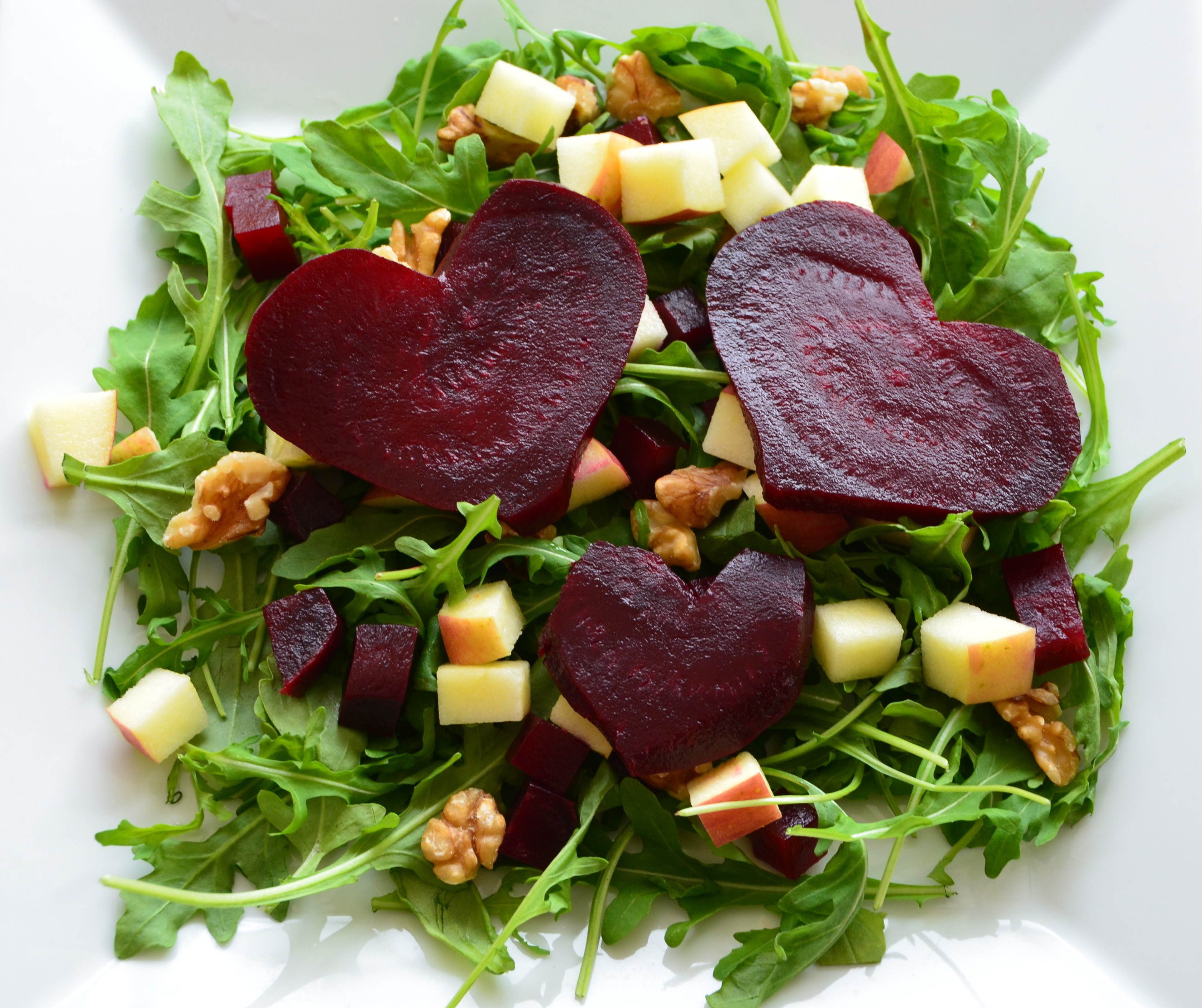

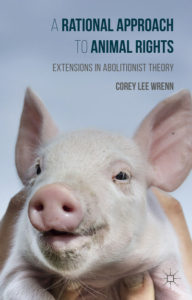




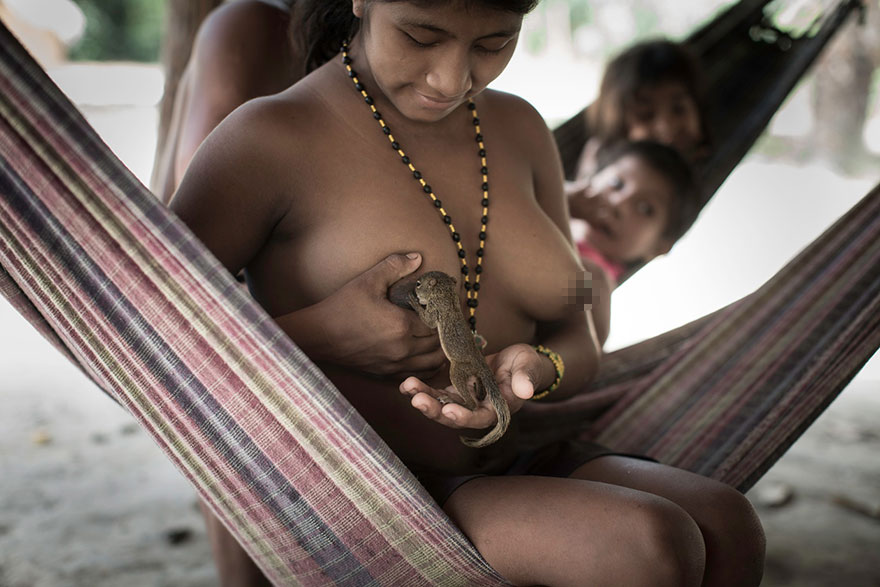
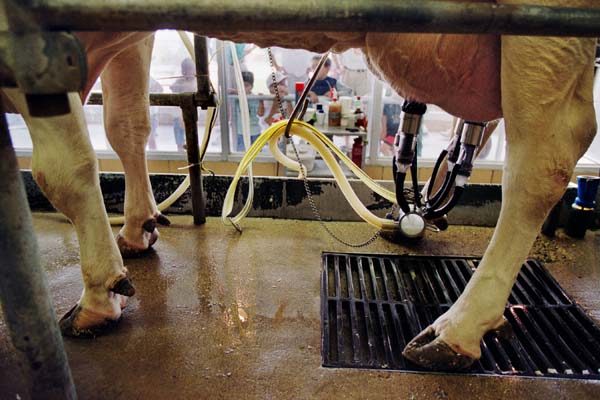 uirrels aren’t the only opportunists. Many humans consume enormous quantities of nonhuman breast milk. Importantly, it is mechanically collected. Why is it stigmatized to drink directly from the breast of other animals? Again, it reminds us that we are animals. Separation also helps to commodify and objectify the persons exploited in the process. This is necessary because intimacy and empathy disrupt oppression.
uirrels aren’t the only opportunists. Many humans consume enormous quantities of nonhuman breast milk. Importantly, it is mechanically collected. Why is it stigmatized to drink directly from the breast of other animals? Again, it reminds us that we are animals. Separation also helps to commodify and objectify the persons exploited in the process. This is necessary because intimacy and empathy disrupt oppression.